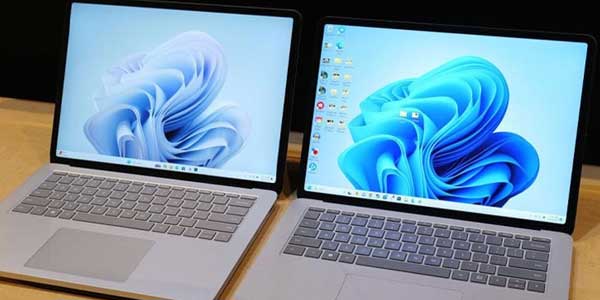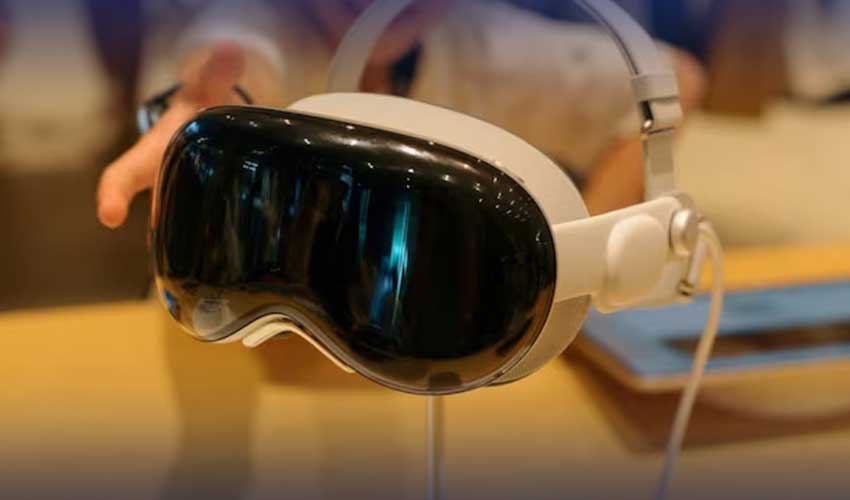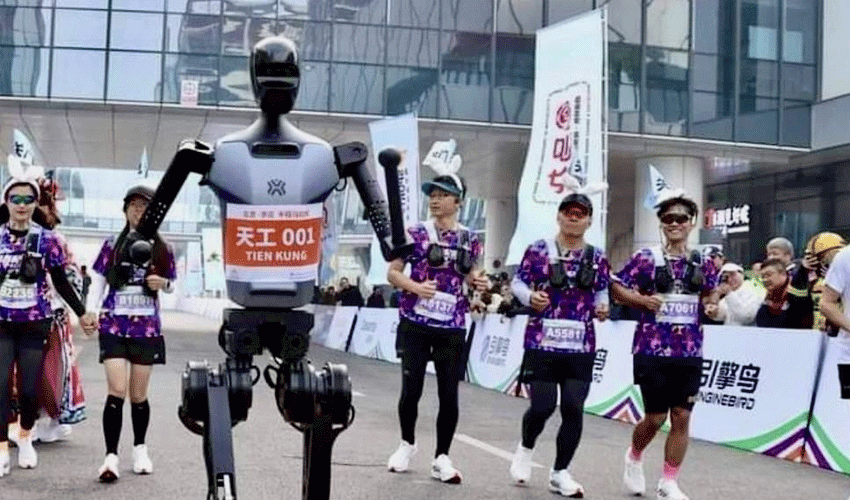India is contemplating a one-year postponement of its plan to mandate licenses for imported laptops, tablets, and personal computers, according to two government officials.
This decision comes as a respite for tech giants such as Apple, Samsung, Lenovo, Dell, and HP.
The initial announcement of the licensing regime on August 3 was intended to ensure "trusted hardware and systems" enter India, reduce import dependency, boost local manufacturing, and address trade imbalances with China. However, it faced swift opposition from the industry and criticism from Washington, leading to a three-month delay.
Now, the Ministry of Electronics and Information Technology is proposing a simpler import registration process, slated to begin in November. This alternative was communicated to industry representatives during a recent meeting, according to the officials.
In August, India had introduced immediate licensing requirements for laptop, tablet, and personal computer imports, potentially affecting major manufacturers like Apple, Dell, and Samsung, who might be compelled to increase local manufacturing.
Previously, India allowed the free import of laptops, but the new regulation mandates a special license for these products, similar to the restrictions imposed on inbound TV shipments in 2020. Industry leaders expressed concerns that a licensing regime would lead to extended waiting times for launching new models, particularly during India's festive season when sales typically surge.
India's electronics imports, including laptops, tablets, and personal computers, amounted to $19.7 billion in the April to June period, marking a 6.25 percent year-on-year increase. Research firm Counterpoint estimates the annual worth of India's laptop and personal computer market at $8 billion, with two-thirds of these products being imported.
Ali Akhtar Jafri, former director-general at the electronics industry body MAIT, commented, "The move's spirit is to push manufacturing to India. It's not a nudge, it's a push."
India has also extended the deadline for companies to apply for a $2 billion incentive scheme aimed at attracting investments in IT hardware manufacturing. This scheme is crucial to India's aspirations of becoming a prominent player in the global electronics supply chain, targeting annual production worth $300 billion by 2026.
Beyond fostering local manufacturing, the government's decision aims to limit supplies from China due to security concerns, according to a government source. It will allow India to import such hardware only from "trusted partners," the source added.
As relations between India and China have strained since border clashes in 2020, India has implemented various measures to curb investment and trade with its neighbor, with half of India's restricted items originating from China.



























